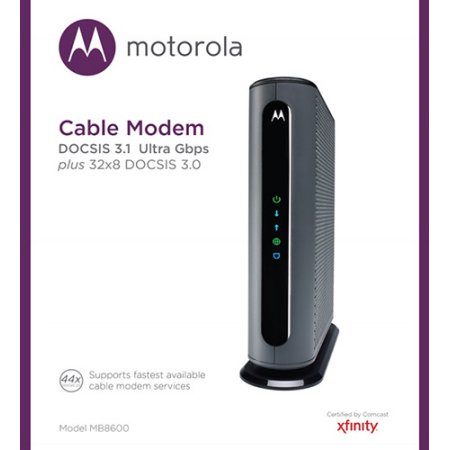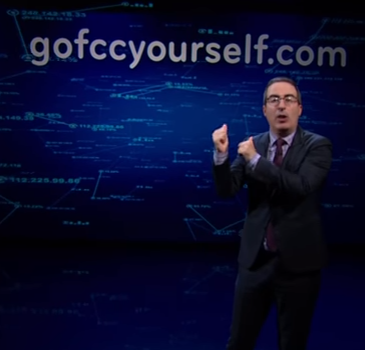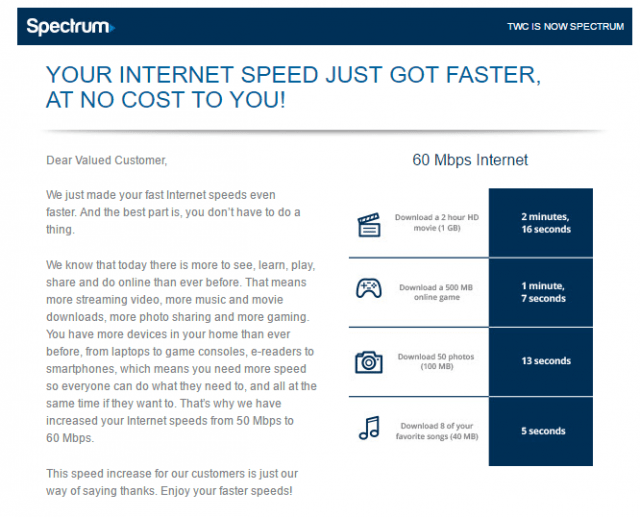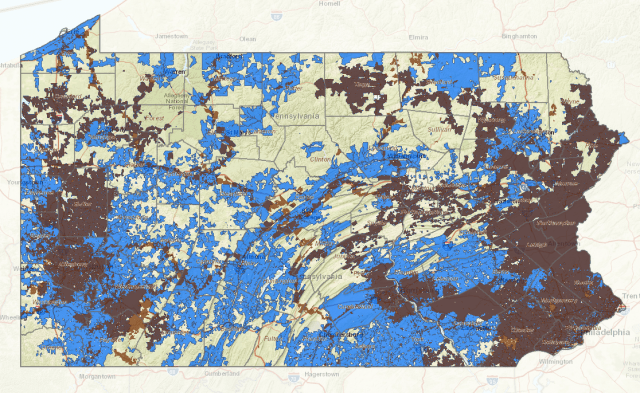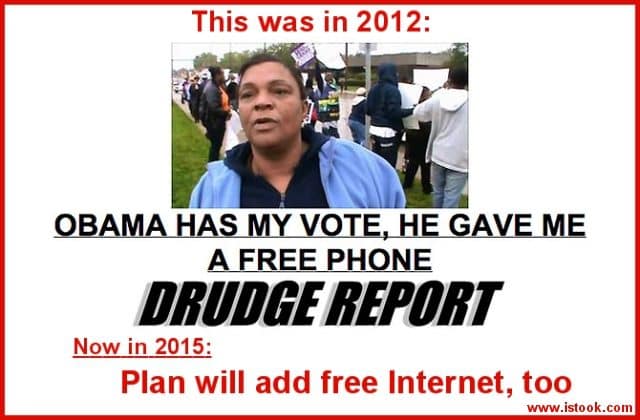Republican FCC Commissioner Mike O’Rielly wants the FCC to prohibit states from attempting an end run around the current majority’s broad-based deregulation of ISPs, likening it to a war of socialist forces vs. free market capitalism.
Speaking at the American Legislative Exchange Council’s Spring Task Force Summit Annual Summit in Charlotte, N.C. on May 5, O’Rielly made it clear he intends to stop states from writing broadband privacy rules to replace those killed by the Republican majority in Congress and also wants to restrict states from enacting new rules impacting Voice over IP and broadband. O’Rielly told the audience he had already spoken to Chairman Ajit Pai about his ideas, potentially giving his agenda a majority vote on the Commission. Currently, the FCC has just three commissioners – Ajit Pai, Mike O’Rielly, and Democrat Mignon Clyburn.
In earlier remarks, Pai rejected allowing states to make their own decisions about broadband privacy policies.
“It is both impractical and very harmful for each state to enact differing and conflicting privacy burdens on broadband providers, many of which serve multiple states, if not the entire country,” said Pai. “If necessary, the FCC should be willing to issue the requisite decision to clarify the jurisdictional aspects of this issue.”
FCC action could potentially pre-empt any state laws from at least 10 states that have either passed ISP privacy laws or are planning to.
O’Rielly declared he intends to move broadband regulation away from the agenda favored by the Obama Administration’s FCC chairman Thomas Wheeler and return to hands-off policies allowing cable and phone companies to manage their businesses without government interference. O’Rielly told a cheering audience at the corporate-funded conference that under Chairman Pai’s watch, the FCC will return to “its previous approach to broadband that enabled staggering innovation, creativity, competition, disruption and consumer benefit.”
O’Rielly characterized groups fighting for consumer legislation banning zero rating/data caps, rate regulation, oversight, and consumer protection laws as part of a nefarious “progressive agenda to vanquish capitalism and economic liberty.” Like ALEC, O’Rielly claimed, the FCC has been unfairly attacked by progressive groups that call out both Chairman Pai’s agenda at the FCC and ALEC itself for ghostwritten legislation actually written by large corporate interests and passed for their welfare.
“Like ALEC, the new commission is facing its share of unwarranted and inappropriate criticism,” O’Rielly complained.
O’Rielly’s speech declared war on three hot issues broadband companies and consumers are concerned with: Net Neutrality, community-owned broadband networks, and state regulators seen as meddling with the free market.
- Net Neutrality: “All of the propaganda in the world cannot paper over the fact that these new burdens were not in response to actual marketplace events but hypothetical concerns dreamed up by radical activists.”
- Regulation of Voice over IP Phone Service in Minnesota to assure quality of service: “Such inappropriate jurisdictional overreaches by states should be nipped in the bud.”
- Municipal Broadband: “It would be easy, as some have done, to blindly support any means necessary to get more and faster broadband to people they represent.”
O’Rielly sought a tighter partnership with ALEC to stop consumer groups from enacting new laws that protect an open internet:
“The members of ALEC can serve an important role as the new Commission seeks to restore free market principles to broadband offerings. Many of you know all too well of the pressure on us to buckle and acquiesce to the whims of the misinformed screaming for Net Neutrality. You likely face it at your respective statehouses as you debate the various matters before you. The ‘progressive agenda’ being pushed in so many settings is really an effort to use government as a means to redistribute hard earned assets from one group of people to favored interests. Do not let your voices go unheard as Net Neutrality advocates slowly, but surely, seek to drag the U.S. economy toward socialism.”
On municipal broadband, O’Rielly stretched his premise into a comparison of communities that want to have the ability to build their own networks with past offers of discounted heating oil from former Venezuelan dictator Hugo Chavez, suggesting good deeds on the surface may lead to unintended consequences later on.
O’Rielly has also been infuriated with Minnesota’s Public Utilities Commission, which has been sparring with Charter Communications over its cable “digital phone” service in the U.S. District Court in St. Paul.
In March 2013, Charter Fiberlink Companies transferred 100,000 Minnesota customers to “an affiliate, Charter Advanced Services Companies, which provided VoIP phone service that was not certified” by the PUC, the Commerce Department said.
Better known as Spectrum Voice, Charter’s VoIP service had failed to collect any fees to support the state’s Telecommunications Access Minnesota program, which provides equipment for hearing-impaired and blind consumers who use the Minnesota Relay Service. Charter also refused to credit low-income consumers who would otherwise qualify for Lifeline phone service at discounted rates.
If the court determined VoIP was a “telecommunications service,” Minnesota regulators could force Charter to comply with state law. If determined to be an “information service,” federal rules exempting Charter would apply.
The week after O’Rielly delivered his speech a Minnesota federal charge ruled in favor of Charter and against the state regulator.
U.S. District Judge Susan Richard Nelson relied on arcane terminology that lets Charter avoid state regulation:
“The court agrees with Charter Advanced that Spectrum Voice engages in net protocol conversion, and that this feature renders it an ‘information service’ under applicable legal and administrative precedent,” according to the opinion. Although Judge Nelson agreed that “the frank purpose” behind Charter’s customer shuffling was to “limit the reach of state regulation, thereby enhancing Charter’s market competitiveness,” she said the service fit the qualifications of an information service.
“The touchstone of the information services inquiry is whether Spectrum Voice acts on the customer’s information — here a phone call — in such a way as to ‘transform’ that information,” the opinion said.
Regardless of the judge’s decision, O’Rielly wants to prevent a recurrence of state regulator interference in the cable industry’s phone business.
“The commission should have just declared VoIP to be an interstate information service,” O’Rielly told the audience. “Arguably, VoIP is just an application not even subject to FCC jurisdiction much less that of individual states.”


 Subscribe
Subscribe

